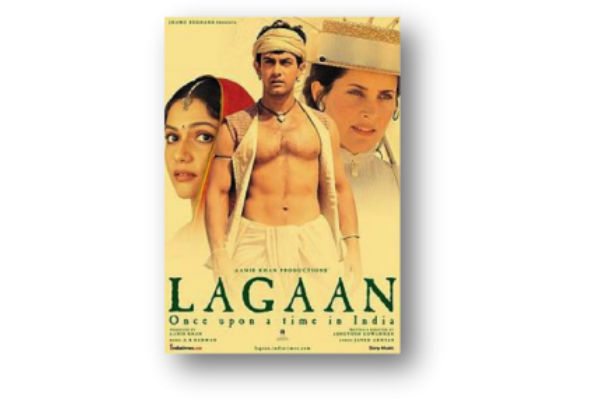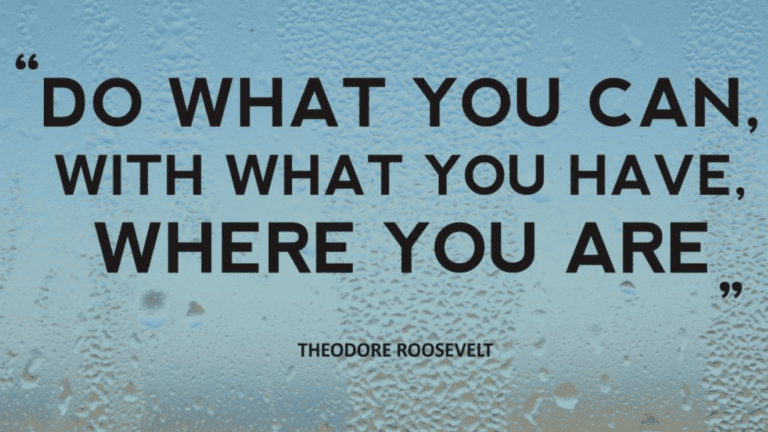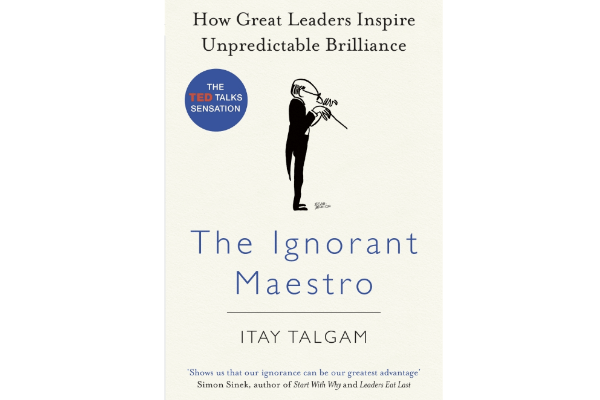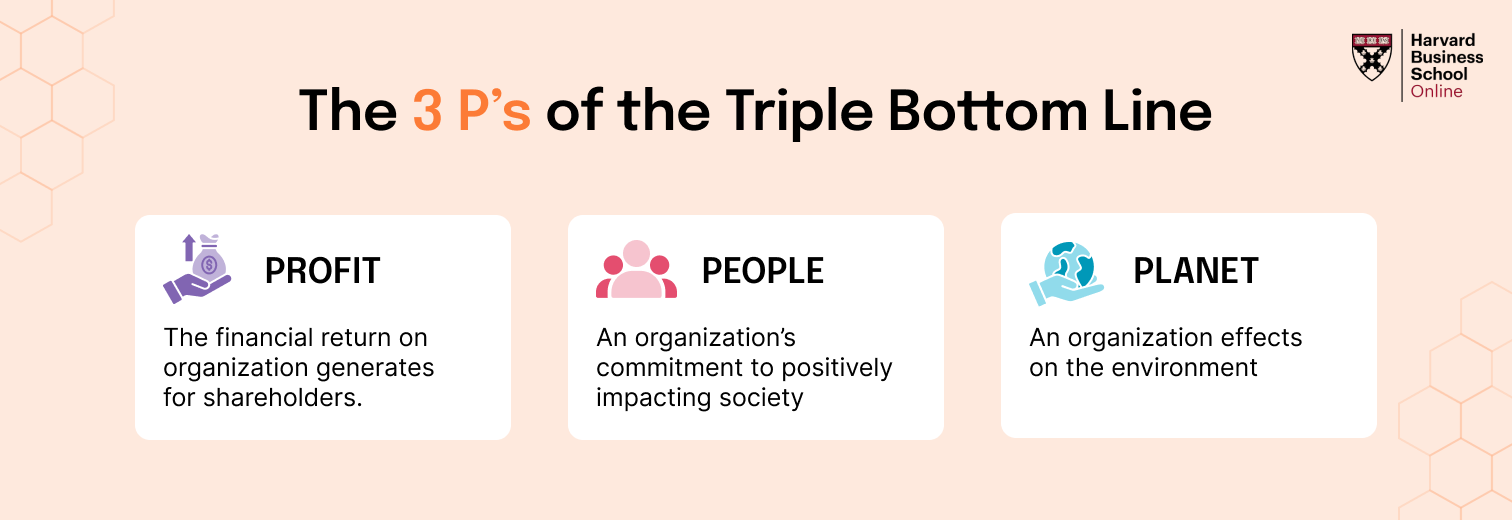Ever so rarely, there comes a movie, which makes a deep impact and also teaches a few lessons. Lagaan: Once upon a time in India, the epic drama written and directed by Ashutosh Gowariker, was one such movie that offers us several management and leadership lessons.
The movie, set in the Victorian period of India’s colonial British Raj, story revolves around the peasants from a barren village who are oppressed by high taxes imposed by their rulers. When the rulers accept to relieve the villagers from the tax (or lagaan), should they win a cricket match against them, the challenge is accepted by the villagers led by a young youth, Bhuvan (Character Played by Aamir Khan). The movie then narrates, how he goes on to build a team of cricketers from a motley group of villagers, none of whom had ever stepped on a cricket pitch or held a cricket ball before. A few leadership lessons that Lagaan threw up for me include –
Take Action!
Table of Contents
The British ruler, Captain Russell offers a proposition to Bhuvan : to cancel the taxes for three years, should the villagers beat his men in a game of cricket or he’d impose three times the amount of the normal taxes, should they lose the game. Bhuvan accepts this wager on behalf of all the villagers, without their consent. Though he was aware of the risks, he weighed the risks against the possible gains and made his decision. The only vision he held in his mind was the possibility of a marked improvement in the quality of life of the villagers, when they win the cricket match.
There is a saying in English that, “Look before you leap”. However, the danger with looking too long is that often, you will not leap at all. There is great power in action. As Paulo Coelho states in The Alchemist, “When you really want something, the whole universe conspires to make it happen.” Life is full of challenges and adversities. Instead of playing victim and wallowing in self-pity, the man of action charges everything with his positive and optimistic attitude compelling everyone around to take ownership and do things that can be life changing.
Dream Big but Set Clear Goals
When Bhuvan accepted the challenge, his dream was three years of no tax for the villagers. For the common man, it seemed too unrealistic & arduous a task, to learn an alien game and playing it for a result that would change the village’s destiny. But isn’t that what dreams are all about? Dreaming is about imagining a distant future that does not exist today. As the German philosopher Goethe put it:
“Dream no small dreams for they have no power to move the hearts of men”.
In case of Bhuvan, he not only dreamt but also put in place a clear strategy/ short term goals, to make that dream a reality.As a leader one should have a passion for the mission, the grit to make it happen and the faith to see it through. Also, the leader should be able to paint the picture in front of others of a shared future that can be reached by all who endeavor to. This is what moves teams.
Build The Right Team
Look around and you will see that to achieve anything of significance, takes a good team. A good leader hence should choose his team with care – people having complementary skills should be brought together to form a high performance team.
Let’s see what Bhuvan did. One team member (Kachra, the sweeper) was crippled. Bhuvan’s observation helped him identify the talent in a disabled untouchable. While the entire village was hostile to this decision, Bhuvan saw in him someone who could spin the ball magically. Another team member (Bhura, the murgiwalaa) had spent a sizeable portion of his life in hounding behind the hens and catching them with perfection. He saw his quick reflexes when this person caught the ball, which nobody even thought of it. The movie highlights several another examples of how Bhuvan shaped his team with keen observation and went from one to eleven.
For a leader, it’s always about ‘us’- not ‘me’. Building a team is always easier said than done. It calls for selecting the right members, channelizing their energies in a positive way, highlighting everyone’s contributions, taking everyone along and finally giving words of assurance and comfort to everyone in the team that,
“We will succeed.”
Make The Best Of What You have
After accepting the challenge, Bhuvan soon realized that he would have to achieve their goal with very limited resources. The tools for the game were all made by the village folk and were made out of the best that they could lay their hands on. The resources were limited but they made the best use of them.As leaders one must be innovative. The focus should be on getting the work done and not on the availability of all the possible resources. As a leader, one needs to always ask “How can we achieve our goals with what we have in hand?”
Never Give Up
With one ball to go in the match and 5 runs to win, Bhuvan finds himself at the non-striker’s end, with the partly handicapped Kachra facing the ball. It looks like a lost cause. But Bhuvan does not give up. When Kachra touches the ball, he runs and takes a single. As it turned out, the delivery was a “no-ball”. That single created the opening for Bhuvan. If he had not taken that run assuming that they could not have won, the extra ball would not have made a difference.Leaders don’t ever give up.
As Prakash Iyer, in his book Secrets of Leadership, explains very succinctly –
“There are familiar ingredients in the stories of successful leaders – big dreams, adversity, hard work, persistence, passion, failure, perseverance, more hard work and finally, success. While the proportions may vary, the common thread holding them all together is hope. It’s the Hope that leader instills in his team when shoulders start to droop and spirits threaten to flag.“
Some movies are not only about entertainment; they are also about education, empowerment and enlightenment. The unprecedented success of Lagaan has a lot to do with its success in communicating timeless lessons in leadership and management.
Hope you have seen this epic movie? If not, go grab a copy today, watch it and share with us what’s the best lesson you learned from it.















